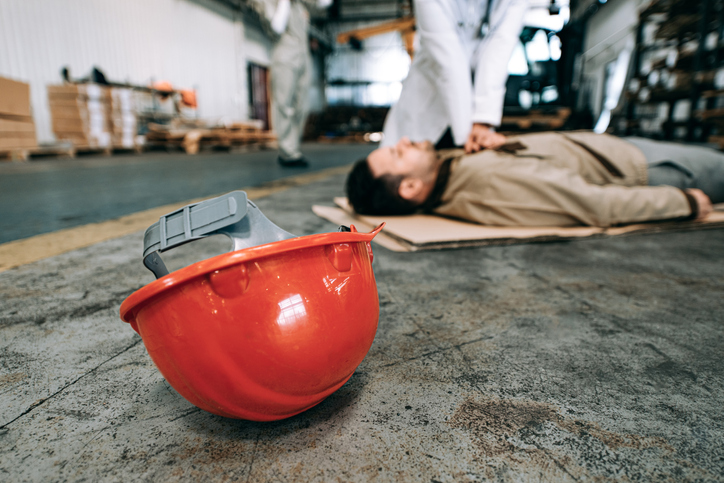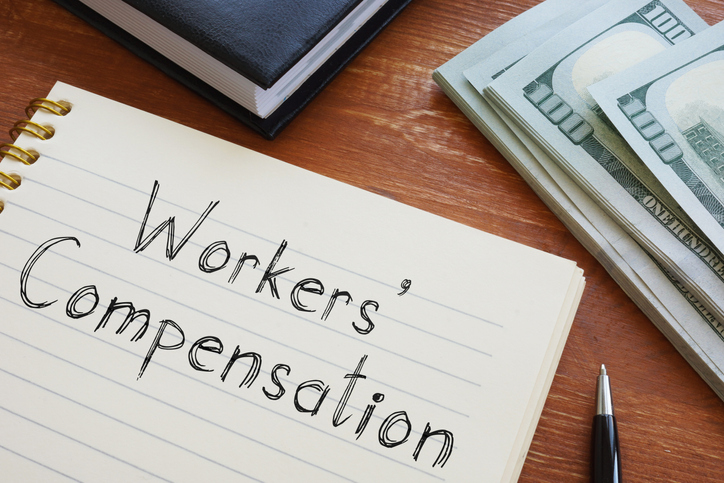Should I go back to work after an on-the-job injury?

An injury at work often means taking time off to get better. Whether you’re recovering from a broken bone, carpal tunnel syndrome, a brain injury or some other injury, you likely need time off to heal.
There will come a time when you may start thinking about going back to work after a job injury. You may be looking forward to getting back to your job and routine. You also may wonder whether it’s too soon.
When going back to work makes your injury worse
Don’t make the decision to go back to work on your own. You should always talk to your doctor. Your doctor has advised you to take time off for a good reason: You’ve suffered an injury and need to heal. By going back before you get the doctor’s “green light,” you risk re-injury and putting yourself in a worse situation than you were in after the initial accident.
You may be unable to work due to your injury
In some cases, you may be unable to return to work, period. Or, in other cases, you may need to take on different responsibilities when you do return. For example, If you worked in a construction job and sustained a traumatic brain injury (TBI), you may be unable to return to work even if you feel you might be ready. The TBI may affect your cognitive abilities. Your ability to make good judgments and sound decisions may have deteriorated after the injury, which means you might put yourself at risk of causing an accident at work and hurting yourself or others.
You may face a stressful work environment
Depending on the injury, you may need to ask your boss to make adjustments. For example, if you are recovering from carpal tunnel syndrome you may need to use new, state-of-the-art equipment which could cause resentment and jealousy among co-workers. Possibly creating more tension, you may need to leave work early for rehabilitation or physical therapy. In addition, you may face ridicule. Your co-workers or bosses may not believe you were injured that badly and treat you dismissively.
Your rights after a workplace injury
You may be tempted to go back to work because your employer tells you it’s time, but if your doctor says you need to stay home, you should listen to the doctor. Your employer is not supposed to tell you to go back against your doctor’s orders. If you do get this type of pressure, you should speak to an experienced workers’ compensation attorney.
Also, keep in mind that going back to work after an injury could harm your insurance claim. Your employer’s insurance company might argue that you decided to return to work and therefore you were not seriously injured. You may lose compensation for expenses and cause other complications in your workers’ comp case.
If you have questions about returning to work after an injury, or feel your rights may have been violated, contact an experienced workers’ compensation attorney. Injury claims at work can become complicated. You should not handle the case on your own.
For a free and confidential consultation, contact the Law Offices of Deborah G. Kohl, serving Massachusetts and Rhode Island. Focus on your recovery. We will focus on your claim.









